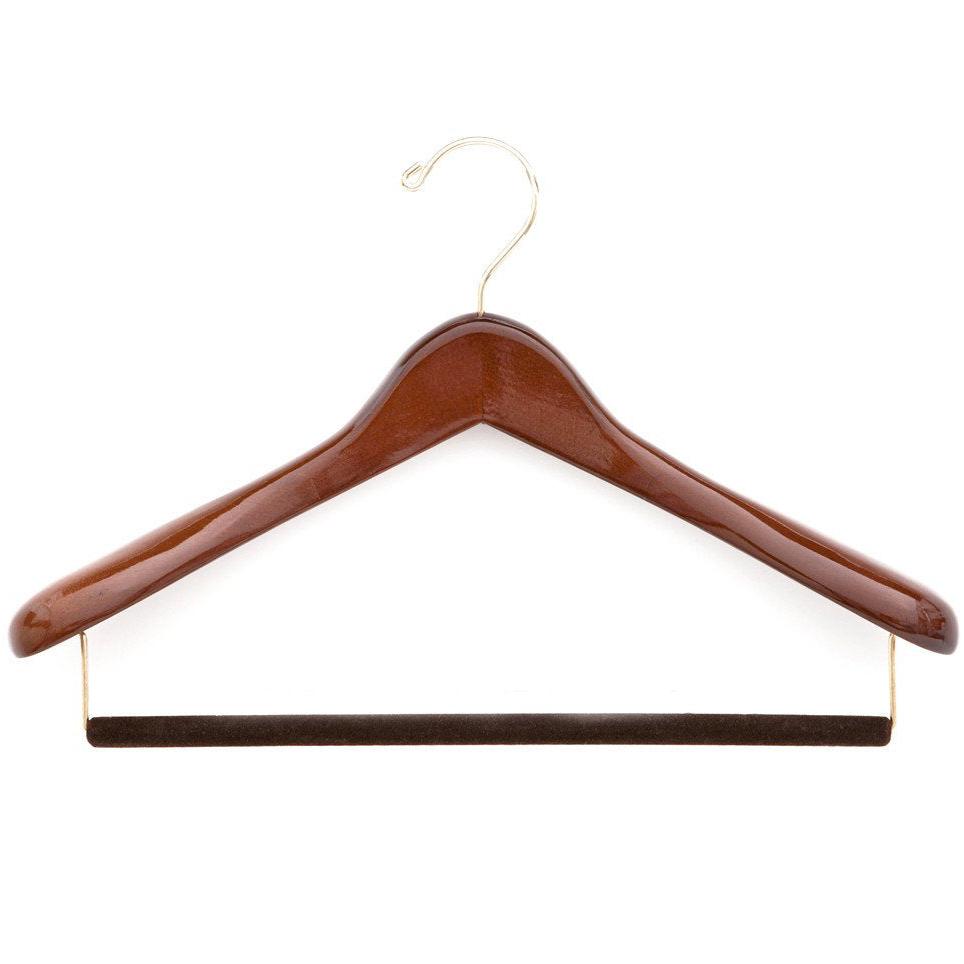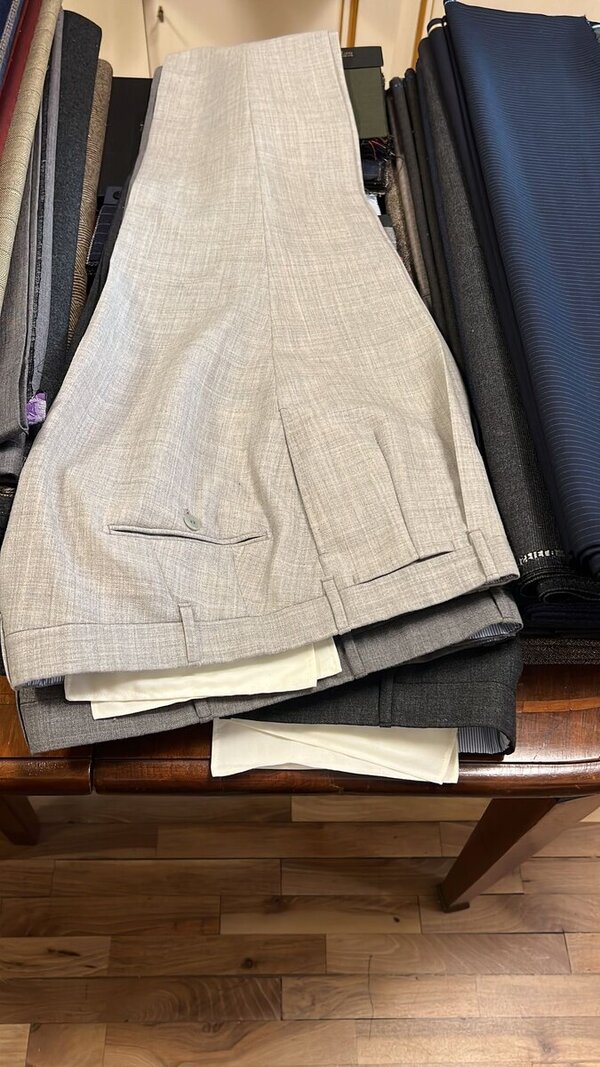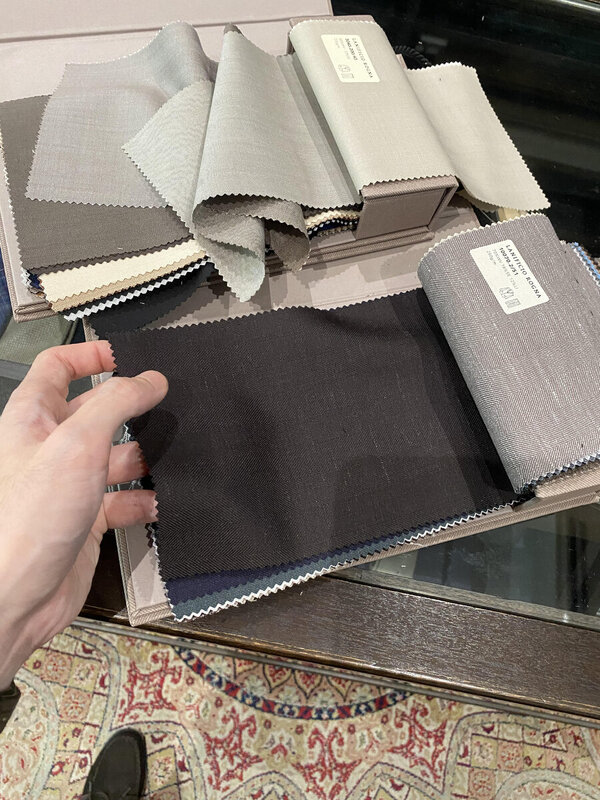Grammaton Cleric
Distinguished Member
- Joined
- Dec 17, 2007
- Messages
- 1,822
- Reaction score
- 355
Yes, annoying. He should at least put in a spoiler.
What are you guys referring to? The long series of quotes?
Yes, annoying. He should at least put in a spoiler.
































